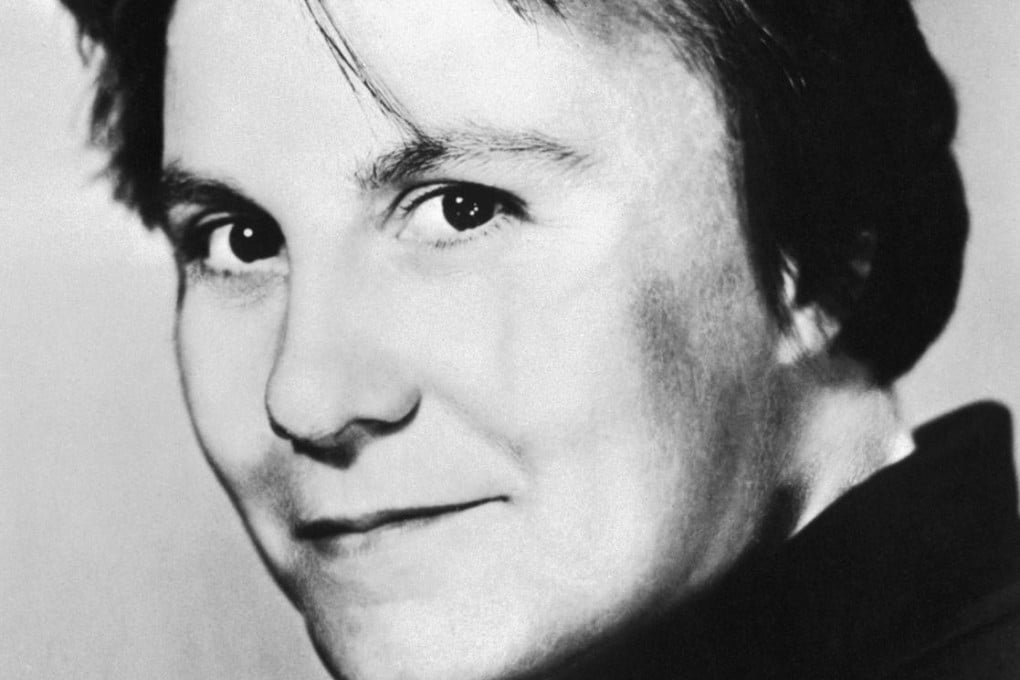Starstruck journalist's banal book wastes access to Harper Lee
A journalist's deferential chronicle of Harper Lee's life still resulted in trouble with the reclusive author, writes Madeline Gressel

The Mockingbird Next Door: Life with Harper Lee
by Marja Mills
The Penguin Press
2 stars
In 2001, Chicago Tribune journalist Marja Mills travelled to visit American author Harper Lee in the small but charming southern town of Monroeville in Alabama. Over the next four years, they developed a friendship.
That story constitutes the entire beginning, middle and end of Mills' new book, The Mockingbird Next Door: Life with Harper Lee. There are no surprises along the way - no unexpected crises, no fallings-out, no deep emotional transformations.
Mills' account raises bigger questions than she asks or answers: why are the words of a beloved novel not enough? What do we hope to gain by prying into the life of its creator?
That snippet in itself, however, is news. Nelle Harper Lee, creator of beloved American classic To Kill a Mockingbird, is a famously reclusive figure and no friend to the press. After publishing her one and only novel in 1960 and winning a Pulitzer Prize in 1961, Lee retreated from the public forum, appearing less and writing nothing.
At the time of Mills' first visit in 2001, Lee was 75. Her older sister, Alice, was 89 and still a practising lawyer, in the tradition of their father, A.C. Lee, Lee's model for Atticus Finch (Lee loves to call Alice "Atticus in a skirt"). Mills couldn't have, and didn't, expect a warm reception from the sisters, but that's what she found. They quietly welcomed her into their life, and the rest is dully and dutifully recorded in what Mills has called a memoir of her own, and not a biography of Lee.
The emotional crux of the book is Lee's alleged approval. At her advanced age, Mills posits, Nelle Harper (as her friends call her) and Alice finally wanted to get the facts right, and on paper. Apparently they saw Mills as the woman for the job and Mills trumpets that throughout the book as a personal revelation on both sides.
But just days before the book's release, Harper Lee said in a statement excoriating Mills that she did not, and had never, approved its creation. The statement, released on July 14 by Alice's law firm, Barnett Bugg Lee & Carter, says: "Rest assured, as long as I am alive any book purporting to be with my co-operation is a falsehood." That's deeply, and disturbingly, at odds with Mills' premise.
The Mockingbird Next Door begins with a case for the defence: "I wasn't an unknown quantity but someone [Harper Lee] knew and trusted, sitting across the table from her. I wouldn't have been sitting there if I had included anything she had said was off the record, or if I had pushed her to divulge things she felt were no one's business." From the get-go, Mills braces for an attack.